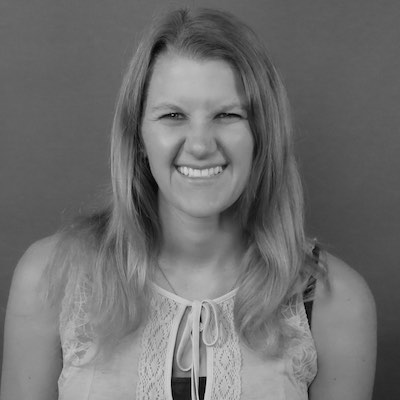What’s the purpose of executive education? According to Joe Schaffer, associate dean of executive education at Rutgers Business School, the answer to that is one simple word: outcomes.
“Gaining a certificate for the sake of gaining a certificate is now long gone,” he said. “In the past many organizations would send their employees either to a custom program or an open program with the idea of [simply] checking a box. Now organizations and individuals expect much more.”
He spoke Chief Learning Officer about what’s trending now in executive education and what skills leaders need to thrive.
What open enrollment learning programs work, and which don’t? What is becoming obsolete?
When individuals come to our open-enrollment programs, there’s a different expectation — that any certificate can’t just be one size fits all. For example, there can’t just be marketing anymore. Successful programs are around digital marketing, and all digital marketing is not the same. There needs to be an understanding of how digital marketing changes when you’re in Singapore as opposed to New York or Europe.
Finally, the certificate program needs to be cutting edge and has to be updated constantly. We update our programs on a weekly or monthly basis. Also, a program needs to be relevant to the participants, applicable and measurable. After I go through the program, what have I learned? More importantly, how is this program going to help our organization in terms of results?
Using digital marketing as an example to illustrate global curriculum differences, how are things different in cultures like Singapore vs. America?
To see how advanced Singapore is surprises many people. In fact, I was reading the Financial Times recently, and it’s the most connected country in the world by far. So you come with what you think are cutting edge solutions to Singapore, and the customer says, “We’ve been doing this for five years;” they just haven’t even thought about it in South America yet. You need to understand where organizations or people are regarding knowledge, skills or abilities, and if you don’t, you will quickly be questioned. Are you really cutting edge? Are you really relevant?
What new skills do learning leaders need to thrive in executive education?
Years ago, when people came to university-based training, they were expecting well thought-out research-based solutions that may or may not apply to the organization’s needs. Now any leader on my team needs to understand the specific challenges an organization has.
Leaders also need to have good consulting skills because our biggest competitors are not only universities but also these fantastic global consulting companies who are getting into the executive education space. We need to have consulting skills that are equal to those organizations. The advantage we have is an amazing research-based faculty to back it up. But they need to be able to listen to a client or individual, develop solutions and become a problem solver — with multiple shareholders.
Finally, university-based executive education needs to think like a business. What was often lacking is the voice of the customer. For many years, universities didn’t think they had to do that because they were the place people came to learn; they could tell customers what they needed and wanted. Those days are long gone. You have to approach this like any other interaction between a customer — not a student — and an employer.
How do you think learners will develop skills, and what courses will they take, in the future?
You’ll see some stackable approaches toward learning. After you take one program on supply chain, another on digital marketing and another one on leadership, one could suggest that you stack those for a unique set of skills that will result in a different certificate than another person.
There will be a trend toward virtual coaching and mentoring. We’ll also see customized cohorts. I equate it with that question: ‘If I could have dinner with any person living or dead, who would I want to have dinner with?’ You could say the same about learning. ‘If I could go through an executive education course with anybody, who would I go through with?’ We’ll see more organizations choose customized cohorts so people can learn around people they want to be around. And finally, we’ll reconsider how we define ‘executive.’
For example, we run a mini MBA for doctors. Many doctors come out of school with these fantastic medical skills, then they have to go out and start their own practices. We’re helping doctors understand the business of health.
We also have a mini MBA specifically for veterans of the military to address these men and women coming out with all these great skills — how can they convert them to business-related skills? The faculty is largely made up of high-ranking military people who have successfully made the conversion into the business world. We have generals and colonels teaching areas of supply chain and law.
Andie Burjek is a Chief Learning Officer intern. To comment, email editor@clomedia.com.















